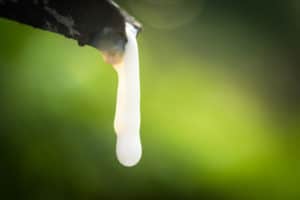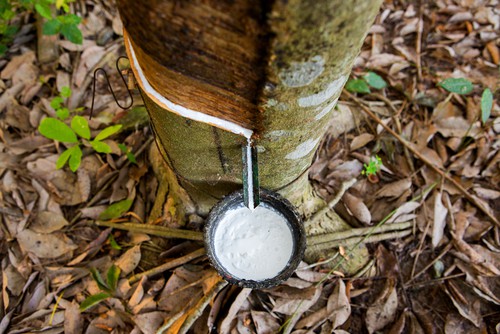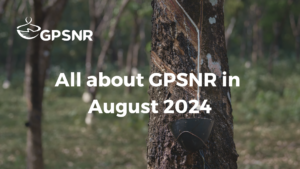
Message from the Director: Updates on COVID-19
Dear Members,
Since our last update to you, the COVID-19 situation has escalated into a global pandemic, with Europe and the US some of the hardest hit areas. The implications for us as a multi-stakeholder platform, are many. Today, I am taking the opportunity to update you on how we have addressed the issues within our control.
Secretariat Operations
For the health and welfare of our staff, we have instituted a work from home recommendation. We are also complying with the local government travel advisory to defer all non-essential travel. Rest assured that these measures will have minimal disruption to the operations of the Secretariat, and we remain only an email or a teleconference call away.
Working Groups
All our Working Groups remain active and continue to make progress in their respective areas of focus despite the situation. They are taking the extra time to enhance their deliverables, and I am confident that we will have many sound proposals and resolutions to consider and approve as a Platform. I encourage you to read the updates on the News and Publications page of our website, so that you are aware of the achievements to date of our Strategy & Objectives and Smallholders Representation Working Groups.
General Assembly
The severity of this pandemic has caused inevitable delays to our 2nd General Assembly (GA). As the safety and wellbeing of our members is our utmost priority, we will not be able to hold the GA within the first half of the year as we had anticipated. Nevertheless, the Executive Committee is in ongoing discussions on plans for the GA, and, where necessary, will assist all Working Groups to finetune their proposals to ensure a smooth and productive GA.
Finally, I would like to thank each and every one of you for your continued contribution and teamwork even in these trying times. I also appreciate your understanding and patience as we decide on the best way forward for the Platform in these unprecedented times.
Our thoughts are with the natural rubber farmers and producers, and their families, whose livelihoods are being mostly impacted by COVID-19. To those whose family, friends or co-workers have been directly affected by the virus, our thoughts go out to you.
I urge you all to stay safe, stay vigilant, and stay positive.
All my support,
Stefano Savi
Director





